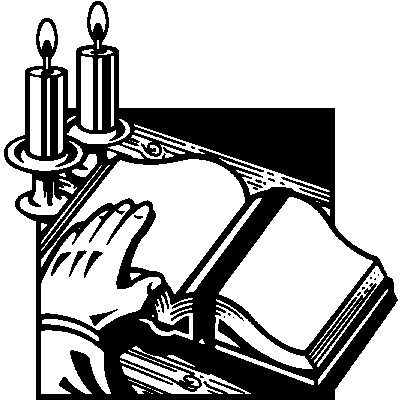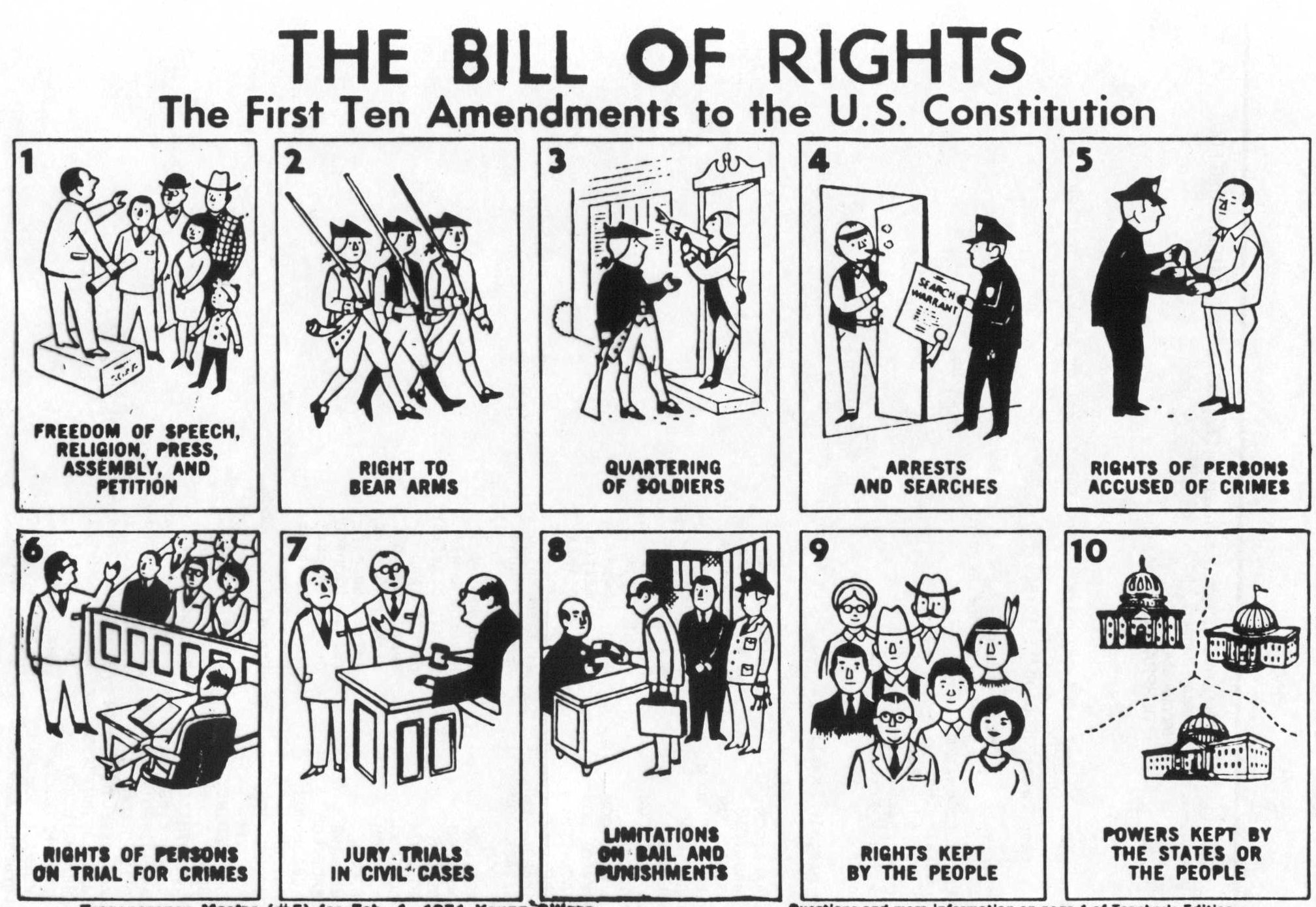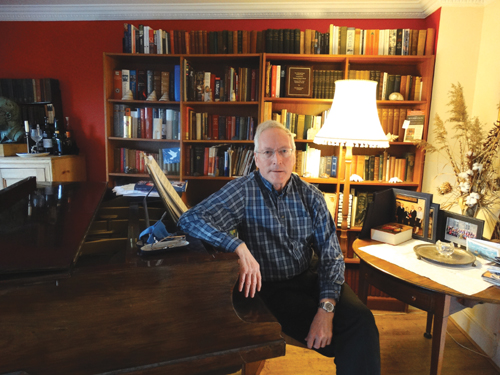Sermon preached for Easter 2B, on Sunday, April 12, 2015
Jesus dies and rises again and the best He can get from His disciples is them huddling behind locked dears with hearts closed off from joy by their fear! Shouldn’t Jesus have expected more? The locked doors did not stop Jesus but the fearful hearts – well, that’s another story. The disciples were as afraid of believing in Jesus as they were fearful of the Jews. Either way their lives were held captive by fear and doubt. What would bring them peace? What would comfort them? What would restore their joy? What would turn them to hope?
No one would expect that the wounds of Jesus’ suffering and death could become the healing wounds of our grief and the comforting scars that would teach us hope. No one but Jesus. Into their turmoil, Jesus came and all He had to show them were the wounds in His hands and feet. But it was enough. And to fearful people, His wounds are still enough.
Peace be with you. . . said Jesus. Jesus spoke of peace to calm the real fears of people who have enemies, who face temptations, and who deal with the trials of daily live. Jesus spoke of peace to bring forgiveness to the guilty consciences of sinners – even those sinners who betrayed Jesus and denied His resurrection from the dead.
Jesus spoke of peace to turn the sorrows of the grieving into joy and to turn the sadness of their loss into the gladness of salvation. All this Jesus spoke to them but still they were not ready to give up their fears or surrender their sorrows.
The disciples who told Thomas they had seen the Lord had already seen His wounds and put their hands in them. Now Jesus allows Thomas to do the same. In the wounds of Jesus, Thomas’ doubts and fears melted away. “My Lord and My God,” he cried. And his heart finally knew rest, comfort, and peace.
Jesus said, “Blessed are they who have not seen and yet have believed...” Now you might think that was a rebuke to Thomas. We might be angry if people did not believe us but Jesus is remarkably patient with doubters and the fearful. Thomas’ refusal does not anger Jesus. Our Lord does not turn Thomas away but draws Him into the wounds that impart His promised peace.
You and I worry about being afraid, doubting, sadness, and about fear. These things only have power over us if we hide them! It is true. We face many enemies in this world. We endure many tests. We suffer many trials. But own doubts and fears do not anger Jesus. But, like Thomas of old, until we surrender our fears, doubts, and turmoil to the wounds of Jesus, we are frozen by them. But in them we are free.
Just as Jesus invited Thomas to touch Him and know the full comfort of His presence and His peace, so do we come here today. Bidden by Jesus to find healing in His wounds, the Spirit works to muster the courage to confess our doubts, to surrender our fears, and to give up our distress.
What our eyes cannot see, God gives us faith to see. Faith becomes the eyes that see when the ones in our head see only dead ends, fear, doubt, guilt, shame, and upset. Through the clear vision of faith, we see Jesus and His promised peace calms our fears, eases our doubts, and invites our trust.
We wonder what age we will look in heaven. Like those pictures of people in their youth that accompany obituaries, we dream of glory without scars and wounds. But Jesus scars and wounds are not His shame; they are His glory. In those wounds is our peace, our forgiveness, and our hope. Far from hiding them, Jesus shows off the marks of His suffering that we might know what His wounds have accomplished for us and for our salvation. His wounds are not His shame but His power to address each of us with His peace.
The waters of baptism flows to unlock hearts closed by fear. It is the Spirit’s work, working through the Word, to break through the locked doors of our fears and our closed hearts. It is the Spirit who moves us to confront our fear and doubt.
The Word breaks through and in the very place of our doubts and fears, the Spirit plants the peace of Christ. Where we were once held captive by fear and doubt, eyes of faith see the wounds of Christ and enter into freedom and hope.
It happened for the ten disciples who first met Jesus after Easter. It happened a week later for Thomas, too. And it happens for us every Sunday we come to behold the wounds of Jesus that heal our broken lives, forgive our shameful sins, erase our guilt, ease our fears, and answer our doubts. The wounds of Christ are not His shame but His glory. . . and OUR glory. Easter does not make them go away but allows us to see those wounds as the means of our salvation and invites us to trust in them always.
Easter’ hope is not that we forget what Jesus suffered but that we glory in the wounds that have bought us back from sin and death and overcome our fears with hope. So that in the midst of the worst of life’s troubles and trials, we too might see Jesus with eyes of faith and joyfully proclaim: My Lord and My God. Amen. Christ is Risen. He is Risen Indeed. Alleluia!
 Assigned by the Synod at Concordia Theological Seminary on Tuesday, April 28, The Rev. Candidate Daniel Ulrich will become the new Associate Pastor of Grace Lutheran Church; we are happy to welcome Daniel and his wife Katie!
Assigned by the Synod at Concordia Theological Seminary on Tuesday, April 28, The Rev. Candidate Daniel Ulrich will become the new Associate Pastor of Grace Lutheran Church; we are happy to welcome Daniel and his wife Katie!














.jpg)
.jpg)





